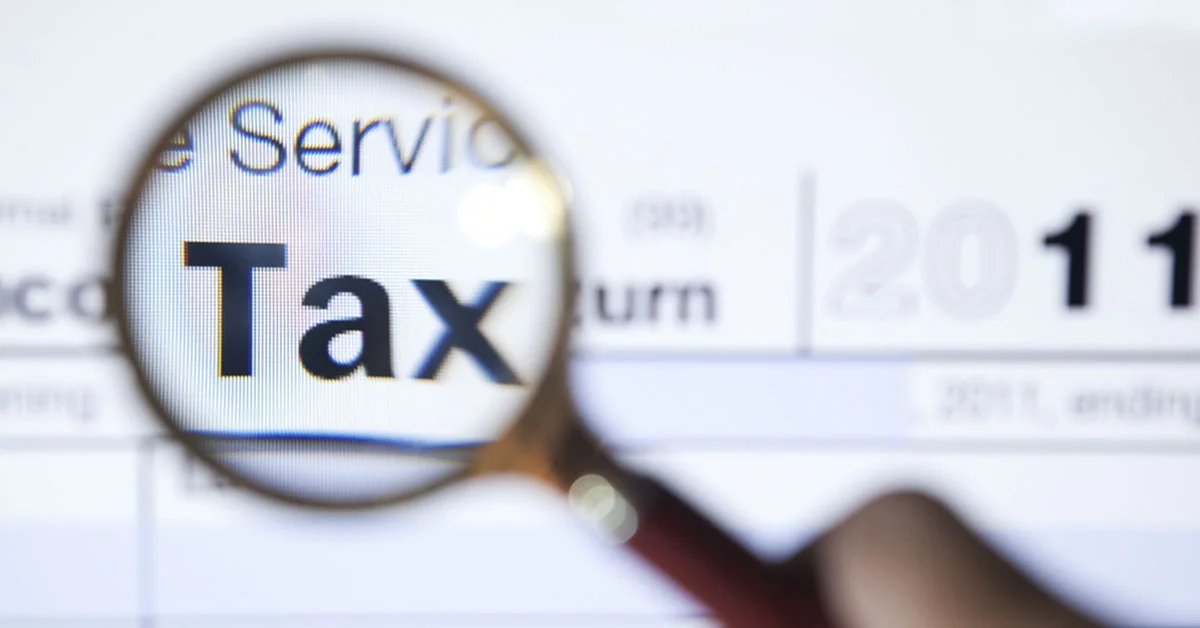Scanning & Record Management For Tax Season
It’s not something anybody looks forward to, but the season has arrived. We’re talking tax season and if you’re procrastinating you could be losing money. Nobody likes to pay taxes, but we all do and this year’s April 17th deadline will come sooner than you think. Yes, April 17th is correct for 2018. It’s been moved forward two days because the traditional April 15 deadline date falls on a Sunday this year and the following day is a holiday in the District of Columbia.
It’s important to stay on top of things and to stay organized. Storage Quarters helps clients keep organized with our document, scanning & shredding services and offering storage for record keeping. We help clients keep on top of their tax documents and we want to give you some tips to get you ready for your 2018 tax returns.
Know What Records You Should Keep
You don’t want to risk an audit so one of the most important elements of getting ready for tax season is knowing what records to keep. The IRS publishes guidelines about record keeping for tax purposes. The first thing you need to keep in mind is the statute of limitations for tax charges. If you don’t file a return or file a fraudulent return you need to keep your records indefinitely. If you are concerned you may be questioned for not reporting more than 25 percent of your income, you need to keep your records for 6 years.
Generally, you need to keep records for 3 years from when you filed your original return or two years from the date of payment, whichever is later. You should keep employment records for at least four years after that tax becomes due.
You should also keep records that are relevant to your tax returns. If you run a business, the IRS suggests saving your gross receipts and records of any purchases you make and resell to your customers. You should also keep any documentation that supports any business expense you’re claiming. So hold onto any receipts, cash register tape account statements, bills or proof of any electronic transfer. You also need to keep detailed records of any assets you have for when you calculate annual depreciation as well as records of any gain or loss you may have received from selling the asset.
Other Tax Season Considerations
There are some other things you should know about tax season in 2018. The IRS began accepting tax returns on January 29 and while processing electronic returns has begun, paper returns are expected to begin processing in mid to late February. The IRS says they hope to issue more than 90 percent of refunds in less than 21 days, but it’s not guaranteed that you’ll get your refund in that time frame. If you’re expecting a refund on a tax return that claims the Earned Income Tax Credit or the Additional Child Tax Credit, the law states that refunds cannot be issued until mid-February.
Storage Quarters Will Help You With Records Management
If you’re finding that you’re not as organized as you’d like to be as we get ready for tax return season, there are many ways Storage Quarters can help. If you need help storing your documents, we can keep them and help you keep track of them using computerized bar code technology. We can also provide scanning and shredding services for you as well. For more information, contact us today.

